Behavioral and Social Sciences
Design, Delivery, and Evaluation of Dyadic Interventions With Older Adults
-
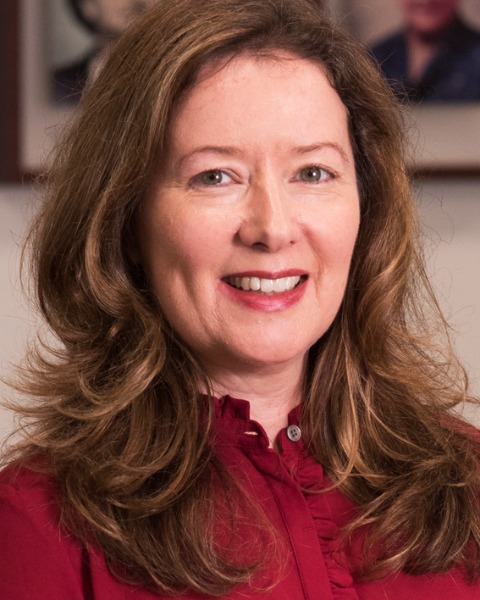
Karen Lyons, PhD, FGSA (she/her/hers)
Professor
Connell School of Nursing
Boston College
Boston, Massachusetts, United States -
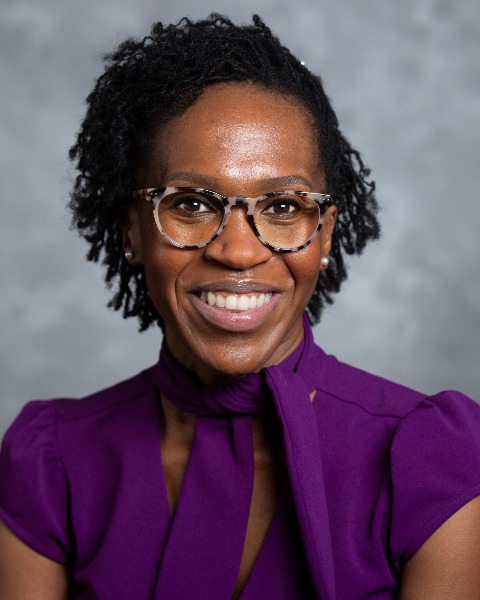
Kalisha Bonds Johnson, PhD, RN, PMHNP-BC (she/her/hers)
Assistant Professor, Tenure Track
Nursing
Emory University
Atlanta, Georgia, United States -
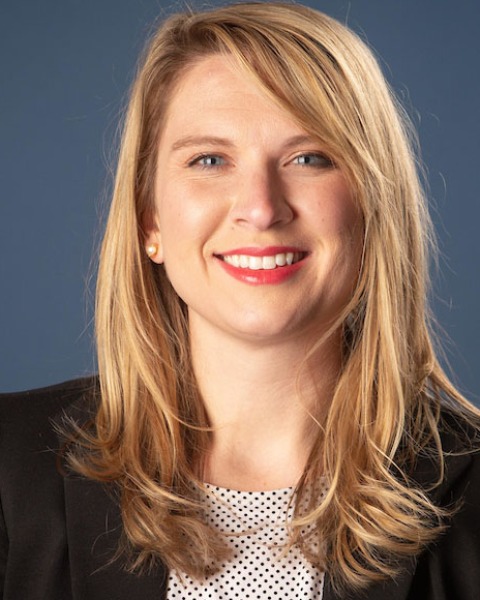
Rashelle Hoffman, PT, DPT, PhD, GCS (she/her/hers)
Assistant Professor
Department of Physical Therapy
Creighton University
Omaha, Nebraska, United States -
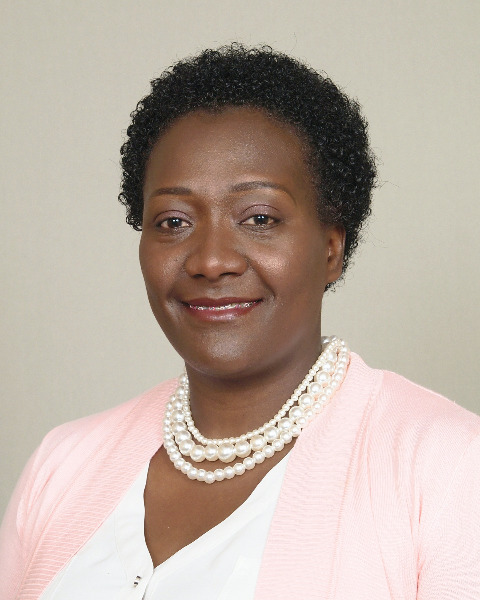
Glenna Brewster, PhD, RN, FNP-BC (she/her/hers)
Assistant Professor
Nell Hodgson Woodruff School of Nursing
Emory University
Atlanta, Georgia, United States -
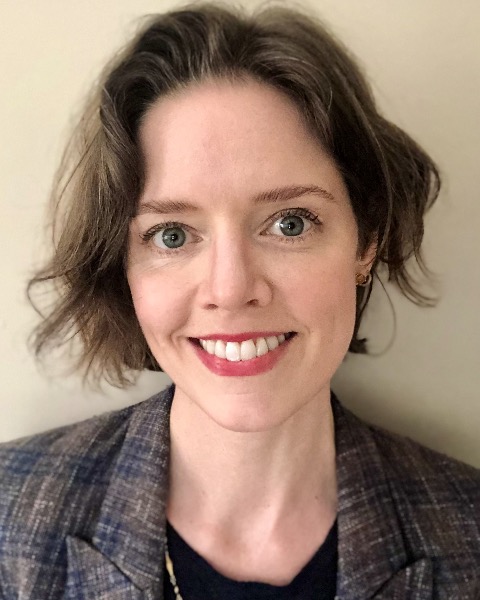
Lyndsey Miller, PhD, RN (she/her/hers)
Assistant Professor
School of Nursing
Oregon Health & Science University
Portland, Oregon, United States -

Karen Lyons, PhD, FGSA (she/her/hers)
Professor
Connell School of Nursing
Boston College
Boston, Massachusetts, United States
Chair(s)
Discussant(s)
Individual Symposium Abstract First Author(s)
With increasing evidence of the interpersonal context of health and illness, there is growing interest in interventions that target the needs of the family care dyad. Yet, there are often specific challenges to the design, delivery and evaluation of dyadic interventions that are not often disseminated. This session includes four papers that will discuss the benefits (but also challenges and lessons learned) of four different dyadic interventions targeted at older adults and their care partners in both cognitive impairment and chronic illness contexts. First, Dr. Rashelle Hoffman and colleagues will present results from focus groups with rural MCI care dyads that inform the adaptation of an existing efficacious telerehabilitation physical activity intervention (TPAB). Second, Dr. Glenna Brewster and colleagues will discuss recruitment and delivery challenges, and the benefits of a pilot behavioral sleep intervention for adults with cognitive impairment and their care partners. Third, Dr. Lyndsey Miller and colleagues will report the feasibility, acceptability and preliminary efficacy of a program to support preparation for future care needs and improved well-being in care dyads living with dementia. Finally, Dr. Karen Lyons and colleagues will present findings from a pilot communication-based intervention for couples living with heart failure. The presentation will discuss the individual versus dyadic benefits of the program and challenges related to recruitment and retention. Speakers and Discussant, Dr. Kalisha Bonds Johnson, will share challenges and best-practices in designing, delivering, and evaluating interventions to optimize the health and well-being of the older adult care dyad.
Learning Objectives:
- After this session, participants will be able to describe some of the common challenges in designing and delivering dyadic interventions to older adults and their care partners.
- After this session, participants will have greater understanding of the individual and dyadic benefits of psycho-social and behavioral interventions targeted at the family care dyad.
- After this session, participants will be able to describe some of the common methods used to design, deliver, and evaluate phase I dyadic interventions to inform next steps.
Presentations:
-
4:30 PM - 6:00 PM ETAdapting a Physical Activity Intervention for Rural Areas: People With MCI and Care Partner Dyads
Individual Symposium Abstract First Author: Rashelle Hoffman, PT, DPT, PhD, GCS (she/her/hers) – Creighton University
-
4:30 PM - 6:00 PM ETDelivering and Evaluating a Virtual Dyadic Behavioral Sleep Intervention
Individual Symposium Abstract First Author: Glenna S. Brewster, PhD, RN, FNP-BC (she/her/hers) – Emory University
-
4:30 PM - 6:00 PM ETThe READyR Program for Well-Being in Dementia: Pilot Study and Six-Month Follow-Up Results Among Spouse–Partner Dyads
Individual Symposium Abstract First Author: Lyndsey M. Miller, PhD, RN (she/her/hers) – Oregon Health & Science University
-
4:30 PM - 6:00 PM ETAcceptability and Preliminary Efficacy of the Taking Care of Us Intervention for Couples Living With Heart Failure
Individual Symposium Abstract First Author: Karen S. Lyons, PhD, FGSA (she/her/hers) – Boston College
